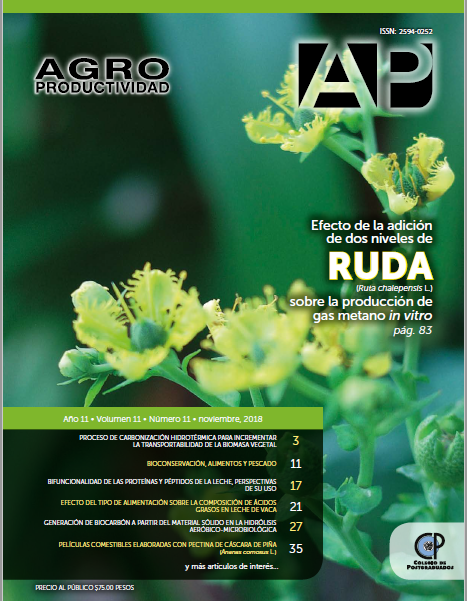Legionella spp., a hazard to human health
Main Article Content
Keywords
: Legionellosis, water, hydraulic facilities, public health.
Abstract
Objective: The aim of this study was to provide a review that gives a general perspective of legionellosis and the different factors associated with this disease, such as the incidence, causal agents, treatment, control and prevention methods used globally in order to safeguard public health.
Methodology: To develop this document, the search and analysis of pertinent information was carried out in different scientific and academic databases such as scielo, scopus, latindex, redalyc, google scholar, among others.
Results: Legionellosis is caused by species of the genus Legionella spp., with L. pneumophila being commonly associated to clinical cases. Analytical methods have been developed for their detection, as well as sanitary regulations for water and hydraulic facilities for human use, in order to mitigate their impact on the population. Implications in the study: The causal agents of legionellosis inhabit aquatic ecosystems, and are capable of resisting diverse physicochemical conditions; therefore, they have been detected in hydraulic systems and equipment for human use, thus generating their dispersion and potential infection when inhaled through small drops of water (sprays).
Conclusions: Legionella spp. is an emerging pathogen of importance in public health mainly in developed countries, due to its incidence, complications and mortality. It has been established that the prevention and control of legionellosis require joint actions in the microbiological control of water, development, dissemination, implementation and monitoring of the application of regular cleaning and disinfection programs by governmental entities, international health organizations, academia, industry and the general population.

